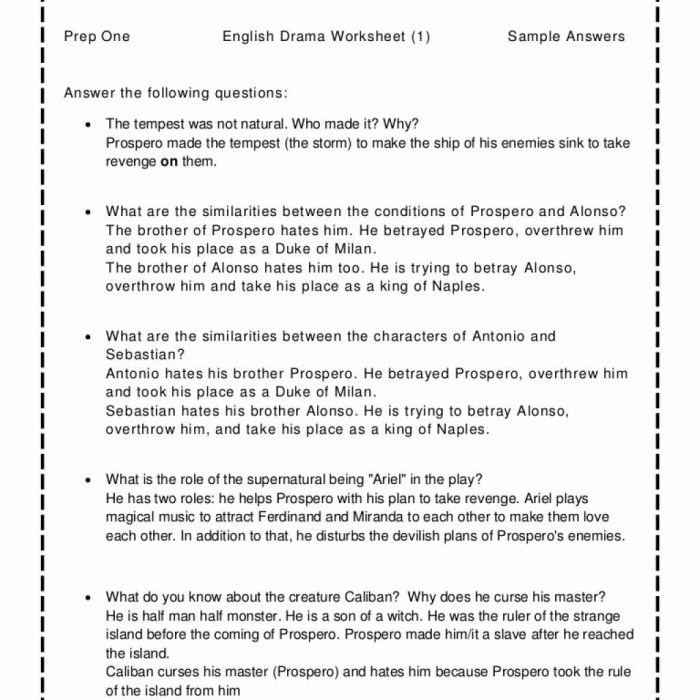The iCivics Candidate Evaluation Answer Key is an invaluable tool for educators and administrators seeking to assess candidate responses accurately and effectively. This guide provides a detailed overview of the key’s structure, content, and application, empowering users to make informed decisions during the candidate evaluation process.
The key’s comprehensive structure and content ensure a thorough evaluation of candidate responses. It encompasses multiple sections and subcategories, covering essential areas such as candidate responses, evaluation criteria, and scoring rubrics. By understanding the key’s organization, users can navigate it efficiently and extract the necessary information.
Definition of iCivics Candidate Evaluation Answer Key
The iCivics Candidate Evaluation Answer Key is a comprehensive tool designed to assist in the evaluation of candidate responses to iCivics’ online candidate evaluations.
Its purpose is to provide evaluators with a standardized set of criteria and scoring rubrics to assess candidate responses, ensuring consistency and objectivity in the evaluation process.
The key is organized into sections and subcategories that align with the core competencies and knowledge areas covered in iCivics’ candidate evaluations.
Understanding the Key’s Structure and Content: Icivics Candidate Evaluation Answer Key

Key’s Organization
The key is divided into sections and subcategories that correspond to the different topics and question types covered in the candidate evaluations.
Each section includes specific criteria and scoring rubrics that are tailored to the specific questions and response formats.
Types of Information
The key provides the following types of information:
- Candidate responses: Sample responses that demonstrate different levels of understanding and proficiency.
- Evaluation criteria: Specific criteria that define the expectations for each question and response type.
- Scoring rubrics: Detailed guidelines for assigning scores based on the quality and completeness of candidate responses.
Using the Key to Evaluate Candidates

Assessing Candidate Responses, Icivics candidate evaluation answer key
To use the key to evaluate candidate responses, evaluators should:
- Read the candidate’s response carefully.
- Identify the corresponding section and subcategory in the key.
- Apply the evaluation criteria and scoring rubrics to assess the response.
Interpreting Scoring
The key provides scoring rubrics that assign scores based on the following levels:
- Exceeds expectations
- Meets expectations
- Partially meets expectations
- Does not meet expectations
Evaluators should consider the overall pattern of scores across different sections and subcategories to gain a comprehensive understanding of the candidate’s strengths and areas for improvement.
Additional Resources and Considerations

Complementary Resources
In addition to the key, the following resources can complement the candidate evaluation process:
- Candidate profiles
- Interview transcripts
- Reference checks
Other Evaluation Factors
When evaluating candidates, it is important to consider the following additional factors:
- Experience
- Skills
- Personal qualities
Effective Use
To use the key effectively, evaluators should:
- Be familiar with the key’s structure and content.
- Apply the key consistently and objectively.
- Consider the key’s context and limitations.
- Use the key as part of a comprehensive candidate evaluation process.
Expert Answers
What is the purpose of the iCivics Candidate Evaluation Answer Key?
The iCivics Candidate Evaluation Answer Key provides a structured framework for evaluating candidate responses during the candidate evaluation process.
How do I use the key to evaluate candidate responses?
The key offers guidance on interpreting candidate responses based on established evaluation criteria and scoring rubrics. Users should carefully review the key’s content to ensure accurate and consistent assessment.